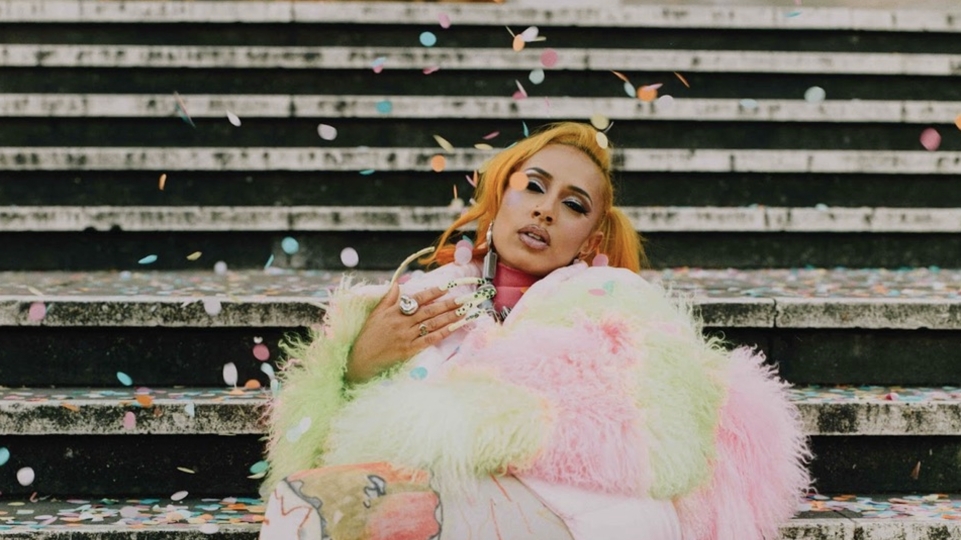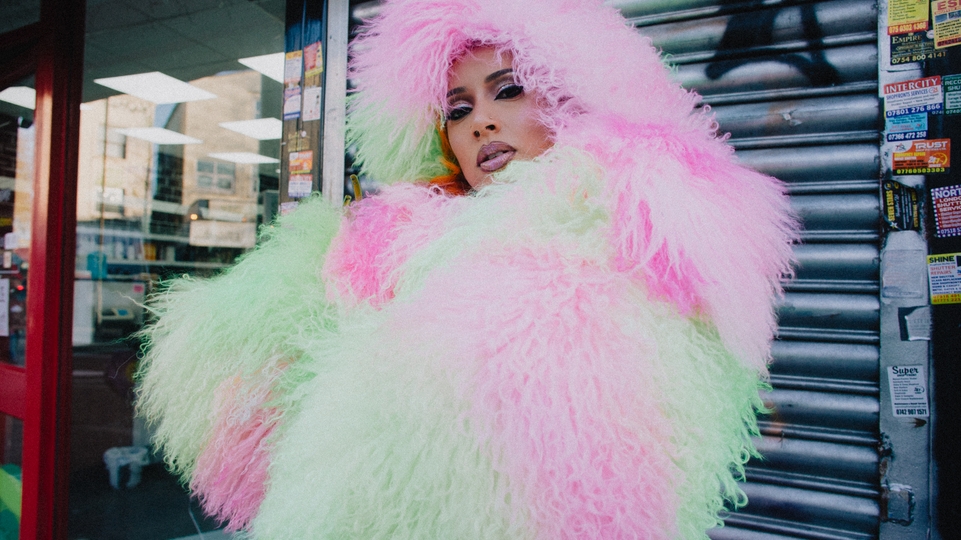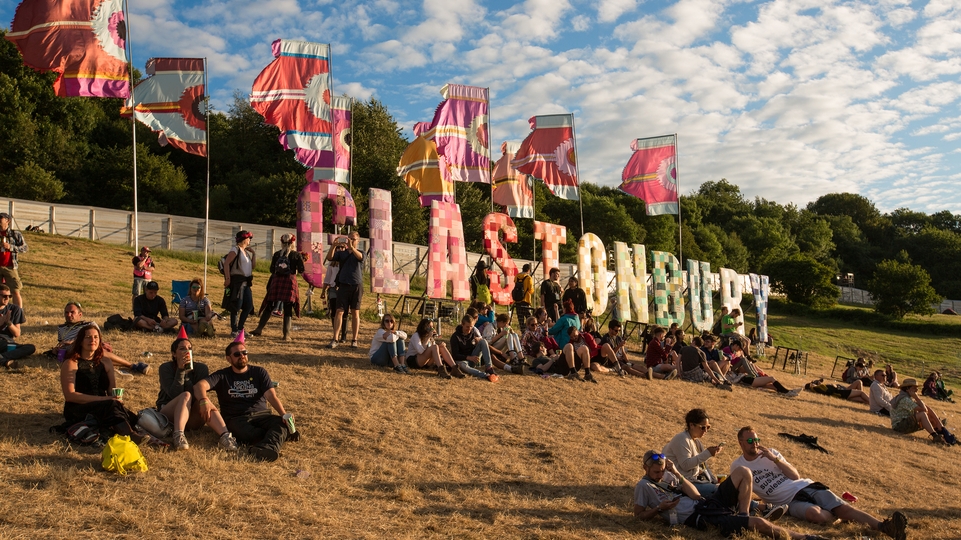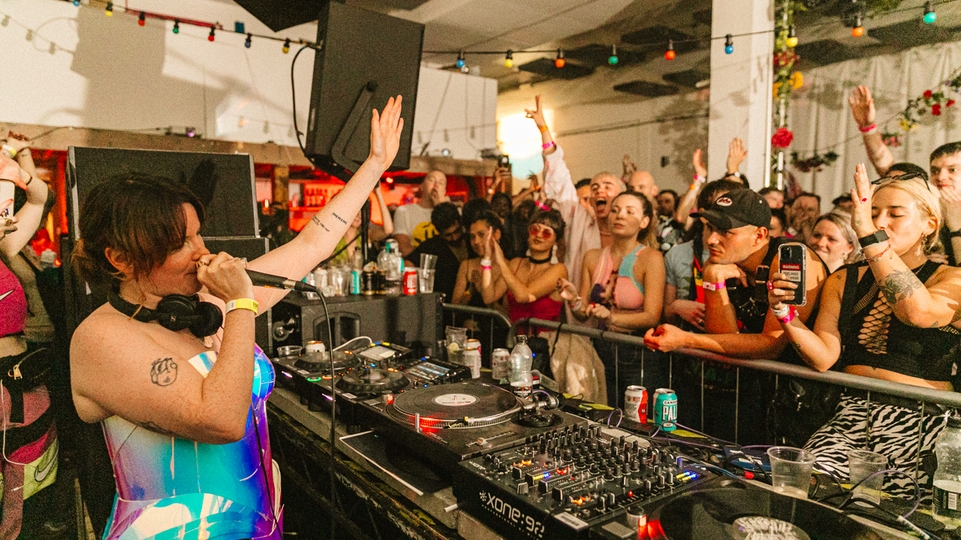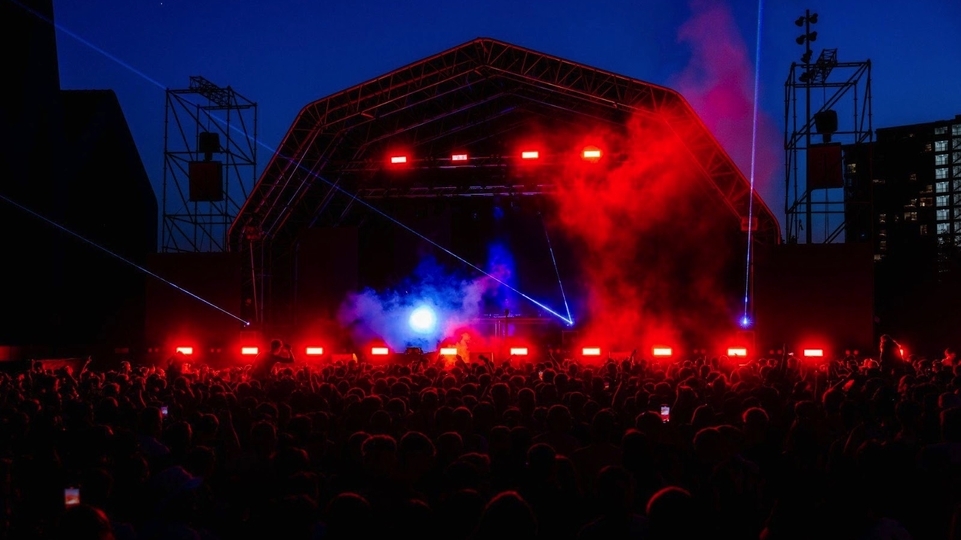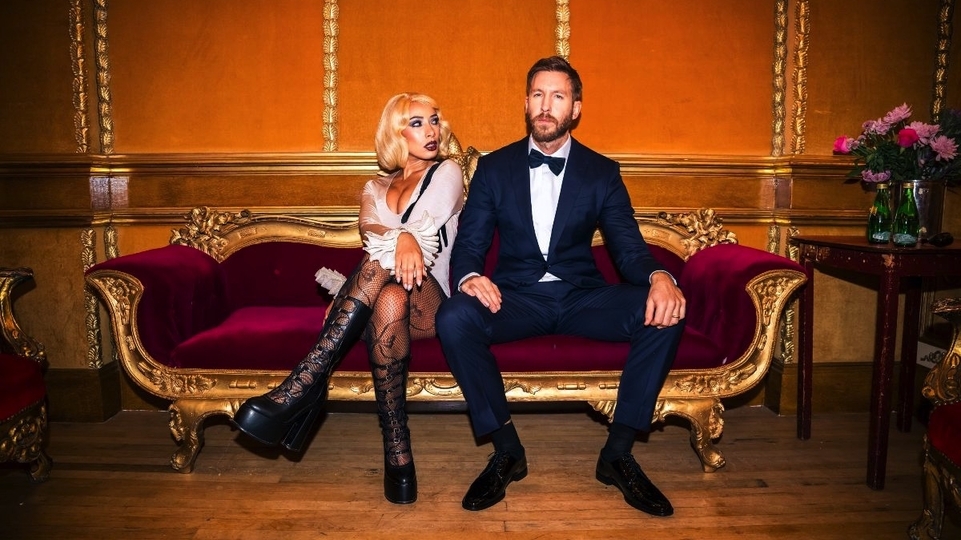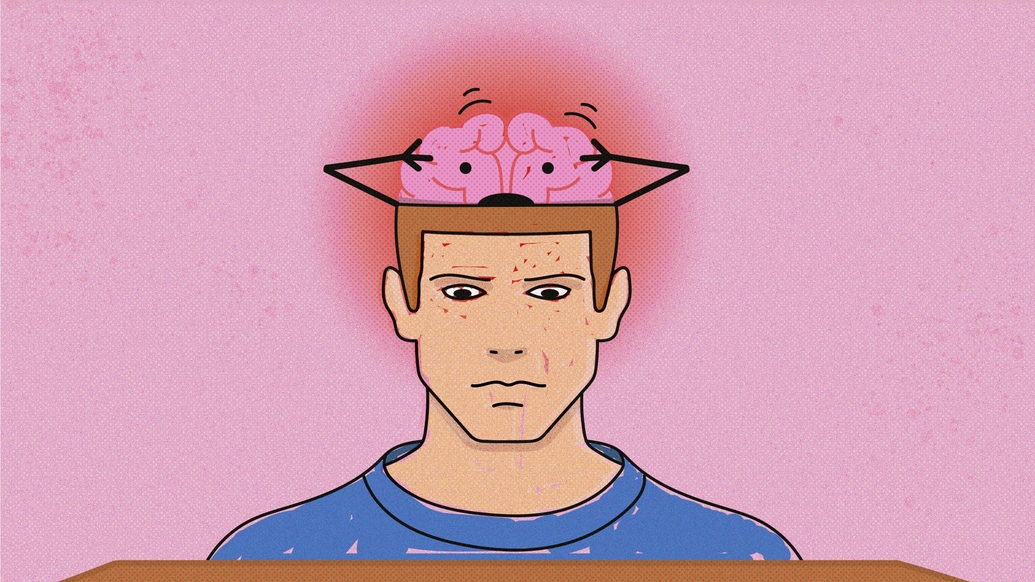
The real life of an underground DJ: Part III
From back-to-back travel and navigating unknown places, to the thrill of peak time raving and the low of the next day, touring DJs lead lives that can feel extraordinary and mundane. Away from the glamour of social media, what does a touring DJ really think of their hectic lifestyle? Below, Eliza Rose, Gideön, and Brandon Block share their stories
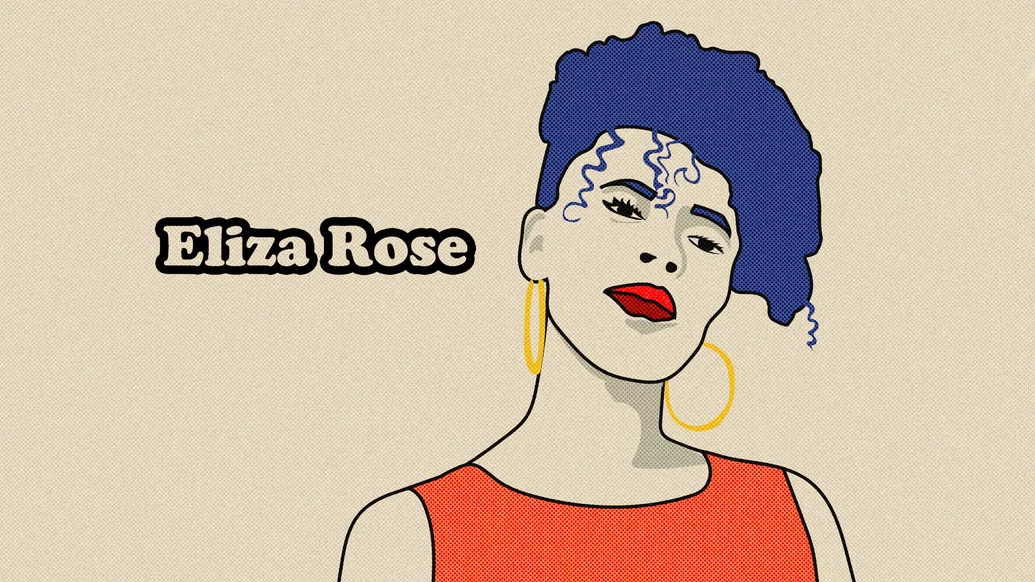

I was booked to play at Beat Hotel in Glastonbury. I was really, really excited; I’d played Glastonbury before, but it was for smaller, little bar gigs. This was Beat Hotel. But it was arranged in the classic Glastonbury way, where they tell you, “As long as you’ve got your own ticket, it’s cool for you to come and play.”
Big-ass names even have to get themselves a ticket, but I had one, so I was like, ‘Cool, sign me up.’ I told all my friends that I was playing on Wednesday and asked them to come down early. Everyone was gassed.
Someone from my area has sold a few of us these tickets saying it was through *******’s guestlist. I couldn’t get a ticket in the normal way, so I went along with it — we knew him, so I didn’t think that it’d be anything dodgy.
About two days before Glastonbury was due to start, I got a phone call: ‘I’m really sorry, but the guestlist that you were on has fallen through.’ I was like, ‘What do you mean? I’m ready to go. I’m on the line-up. You can’t tell me I don’t have a ticket.’
I’d spent £250 on this ticket; just from me and my friends alone, he’d got about a grand and a half. I’m panicking: I’ve got a set, what am I going to do? My agent was ringing Beat Hotel, saying this is the situation, but they couldn’t help. I had to find my own way to get in.
So, we started looking into this guy. He had sent an email that was supposedly from *******’s manager. It said, ‘I’m really sorry, but he’s no longer playing the Pyramid Stage so all of his guestlist has been cut.’ But when we looked into it, he was never even booked to play that stage in the first place!
We went on the website for the company he claimed to work for and it was a completely fake site; there were no full stops, bad punctuation, all this shit. ‘Oh my God.’ He’s gone on this big-ass scam to get our money.
I ended up going up on the day of my set, super early, to try and find a way of getting in. One of my friends said that they might be able to sort me out with another hospitality band. After about 14 hours of trying and waiting, I missed my set because I just couldn’t get a ticket.
I had to leave all the friends I was with to meet another mate. I’d gone from playing Glastonbury, to being under a cold pigsty at midnight with a sleeping bag at the edge of a motorway. It was the biggest fall from grace, awful. But I did end up getting a wristband for the rest of the festival, though, so all’s well that ends well.
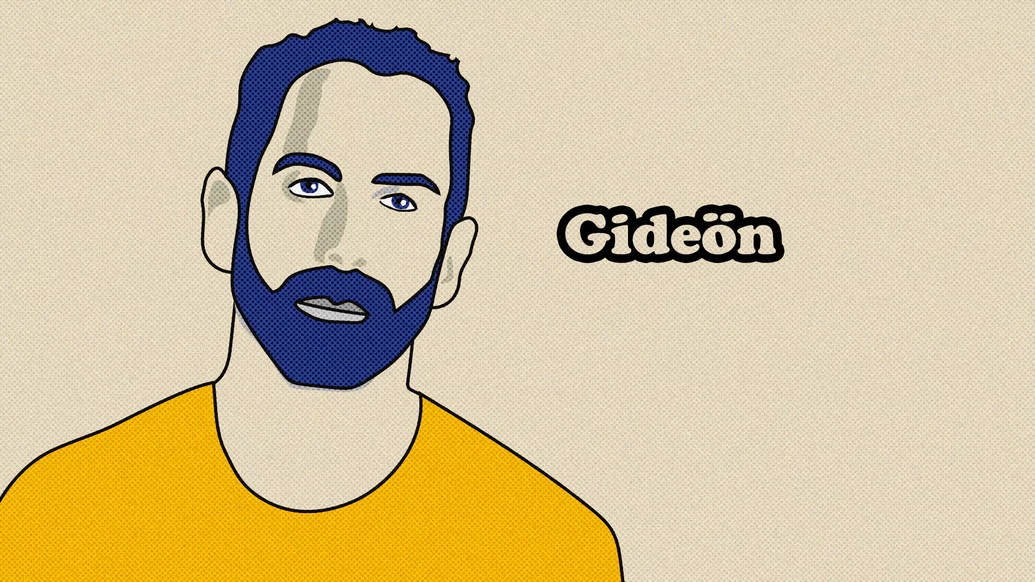

The times in my life when I’ve felt completely consumed by joy have almost always been linked to music; whether that’s a Spiral Tribe rave, or the opening of NYC Downlow twelve years ago, or Berghain — it makes me whole. How we walk, how we talk, what we sound like, how we dance; the spirit. I feel this amazing connection to the predecessors that came before me in underground gay culture, and the birth of disco, house, and techno as we know it.
Luckily, I’m in a position where I can say that my life is based on my obsession with music. My Block9 work, life-long activism, music production, and DJing career just kind of happened to me without too much strategic thinking. In my world, you cannot be queer without being political. In the three years building up to Brexit, I founded, with a bunch of other like minded people, R3 Soundsystem; it stands for resist, reject, and revolt.
We basically rock up with a sound system, completely illegally, with a phat line-up of DJs either on a truck or a push-along float. We make our point heard and group together to remember that we have each other. We fucking protest, you know? We always get major heat from the police, every single time we do that.
The last time, behind the National Gallery with a big system, about 70 or 80 police rocked up. The last four times we’ve got massively, massively shut down. But it’s what we’re expecting.
The last one, they escorted us out of Trafalgar Square. They said that they were going to impound the rig and arrest all the DJs unless we shut down straight away. When we did the ‘Fuck Trump Street Party’ outside Soho Radio we had a massive sound system on a 45-foot truck — it took six hours of driving round central London trying to get through the police roadblock.
The drivers of the truck were saying, ‘We’re going to get fucking pigged really badly if we stay anywhere near the truck.’ So, they just locked up the truck and left, they went away for hours — we carried on until around 11PM. It was one of the best street parties that London has seen in many, many years.
It’s just applying the rules that we used to have in the days of free parties and proper squat parties — you have to see what you can get away with. The one behind the National Gallery they asked me to shut it down three times before I actually did. They were literally getting the handcuffs out on the third time at which point we actually had to do it, but hey.
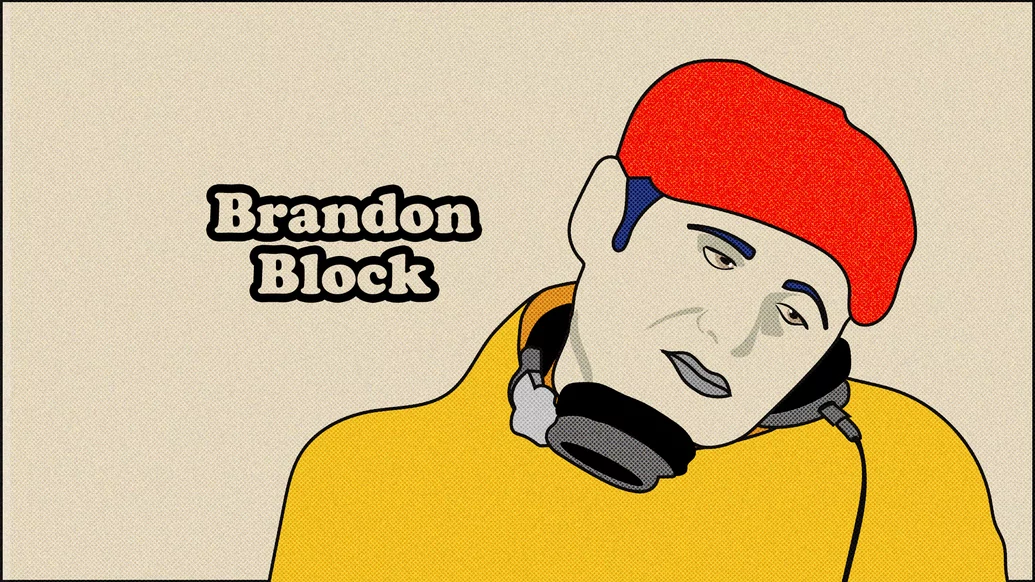

In 1996, I realised that I was dying. I was given two weeks to live. My cocaine use had gone through the roof — the doctors were astounded with the amount I could take and still stand up — and my tolerance had gone completely through the roof. My brain was telling me to function on that amount of drugs.
When I came out of detox, I had to then start trying to rewire my brain; I found my own way to deal with life. I started attending meetings, but it wasn’t my chosen way. Then I got support from my family and talked to friends. I never went back to the old behaviour, never relapsed. To this day, I realise that’s an amazing achievement.
I looked from the outside — I was very successful, famous, whatever. But underneath all that, the head was not relaxed. The head was not, let’s say, enjoying the fruits of that. As a touring DJ you do lose touch with the world, to be honest, you know; you’re in this constant cycle of travelling. You look at Avicii, that happened real quick.
We [DJs] have got to find a life balance and I think we find more of that now. When we were back in the ’90s there was no balance, we were ruined most of the time, just functioning on... whatever.
You realise that the world is your oyster. You’re travelling the world and you’re abusing your body, you’re abusing your drink, your drugs. The party is there, that whole hedonistic scene. A lot has changed though, and I do think that a lot of DJs are able to play their set and go home now.
Those late nights do have an impact on you, the fact that you work every weekend God sends. Your partner is probably not doing the same thing and those weekends are valuable time.
Then, at the weekend you are “supposed” to be out doing Sunday walks and this that and the other, but you need to recoup and rest, so it can get you down a little bit. But there are lots of pluses: if you’re passionate about music, you want to play your music, that’s just the best way of doing it.
DJing around the world making people smile and be happy. And use your knowledge and passion to create an environment where people can enjoy their lives and have a great time out. That’s what the ultimate goal is, to make people happy.
